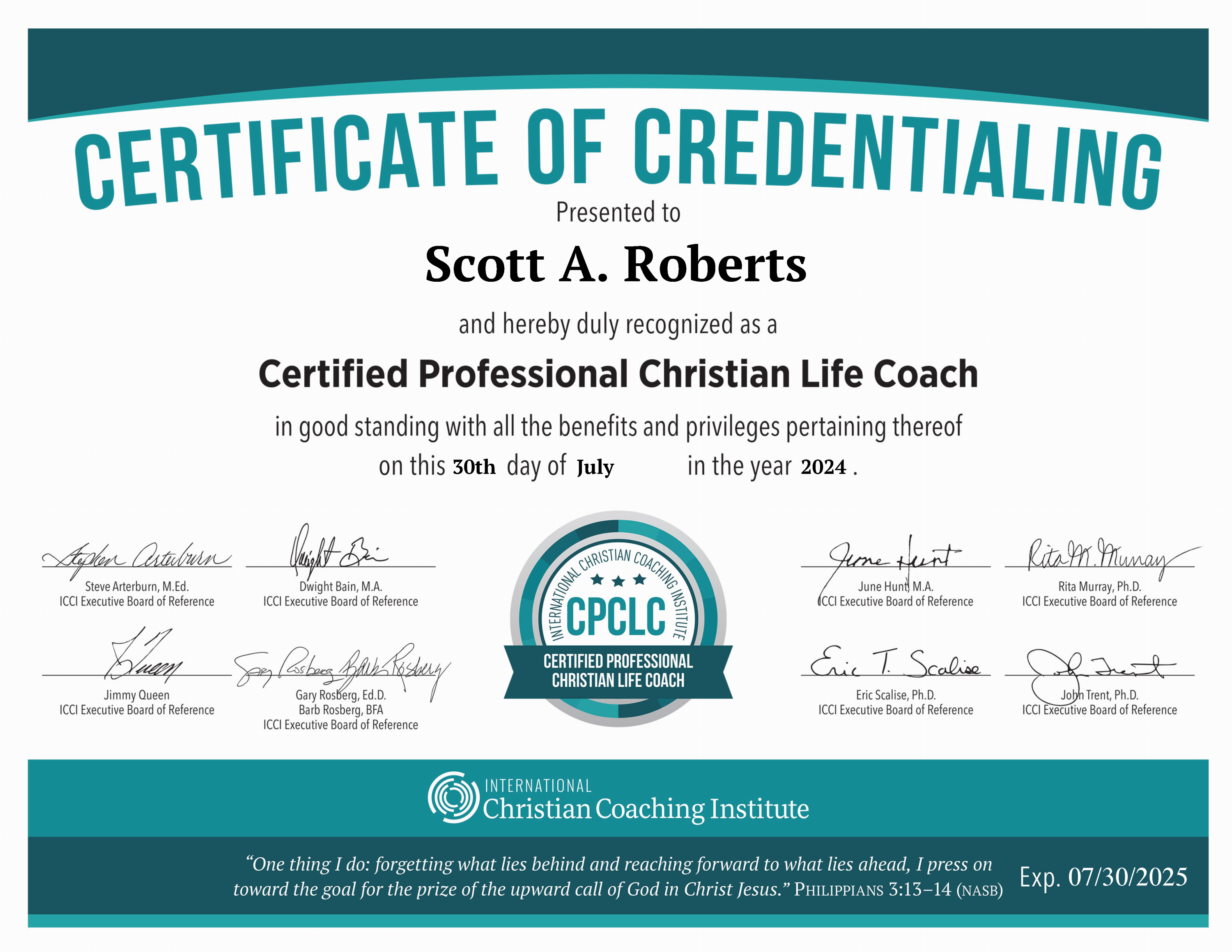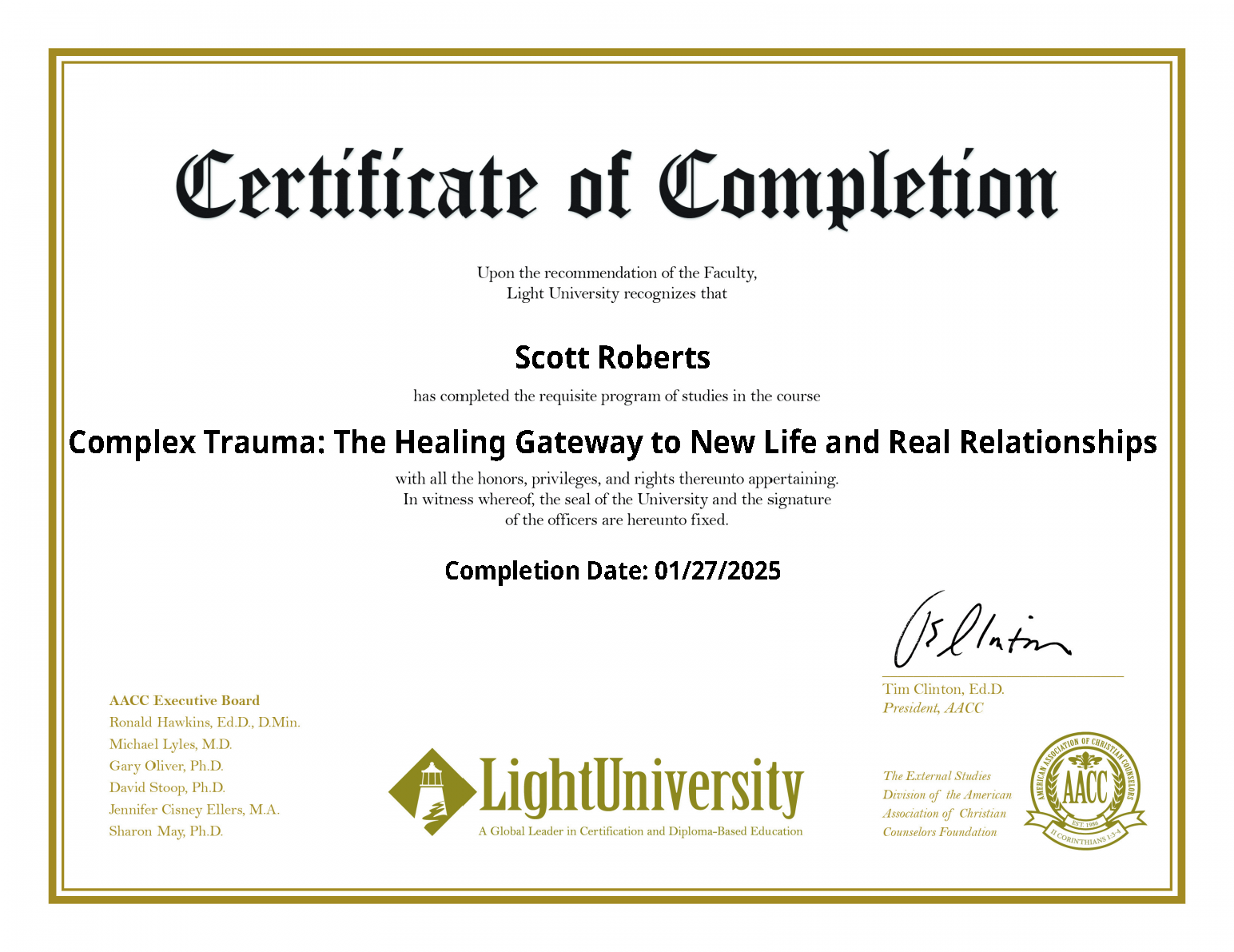
Resolutions fail most often not because of a lack of willpower, but because the goals are set up to collapse—too vague to measure, too ambitious to sustain, and too dependent on fleeting motivation. This post breaks down the four biggest mistakes that derail progress and reveals the simple shifts that make follow-through feel doable: clearer targets, smaller habit steps, supportive systems, and built-in accountability. Along the way, it shares practical frameworks and tools that turn “this year will be different” into a plan you can actually stick with. If 2026 is the year you want real momentum—without burnout—these strategies will change how you set goals from the start.
Read more...As the end of 2025 approaches, there's no better time to seize control of your future by mastering the art of time management and personal productivity. High achievers know that finishing this year strong is the key to starting the next one with unmatched momentum and clarity. Discover the transformative power of focusing your energy on what truly matters, ensuring every one of the 168 hours we all have each week propels you toward success. Are you ready to replace distractions with purposeful action? Take charge of your path with a complimentary consultation and time management assessment from Lighthouse Coaching & Consulting. Don't wait for the new year to make resolutions—start building the foundation for 2026 today and watch your results multiply. Visit lighthousecoaching.me and claim your free session to unlock a future of unparalleled focus and achievement.
Read more...
Unlock the secret to mastering your 168 hours and transform how you approach each day. By shifting focus from mere busywork to purposeful productivity, Lighthouse Coaching & Consulting offers a powerful 168-Hour Framework for professionals. Imagine boosting your productivity by 25-30% without working extra hours—achieving this is about aligning your time with your top priorities and minimizing distractions. Learn to lead with clarity, maintain balance, and enhance focus through strategic time management and accountability. Embrace the opportunity to redefine your schedule with sustainability and success at its core, and picture a life where each hour contributes meaningfully to your personal and professional growth. Dive into practical tools and proven strategies that turn chaos into manageable momentum, ensuring a life that's not only productive but also fulfilling. Don’t let another year slip by—discover how to lead your time effectively and take control of your future.
Read more...
Unleash the power of clarity at your workspace by embracing the art of decluttering, a transformative approach that promises amplified focus and productivity. Imagine entering a space where everything is in its right place, eliminating the friction of visual noise to unleash your full mental capacity. Learn the science-backed benefits of creating a distraction-free, organized environment that reduces stress and aids cognitive clarity, allowing you to dive into tasks with renewed vigor and efficiency. Experience the ripple effect of a seamless workflow and structured environment on your wellness and productivity. Uncover the secrets to maintaining this harmony with easy-to-implement strategies that turn tidying into a performance-enhancing ritual. Ready to revolutionize your workspace and truly focus on what matters? Dive into our comprehensive guide and discover how a clean desk can be your gateway to faster results and a sharper mind.
Read more...

 Introducing Scott, a Certified Professional Christian Life Coach (CPCLC) and a passionate advocate for life optimization. With his certification, Scott brings a wealth of knowledge and expertise to his role as a guide, helping individuals unlock their fullest potential by applying transformative, faith-based principles.
Introducing Scott, a Certified Professional Christian Life Coach (CPCLC) and a passionate advocate for life optimization. With his certification, Scott brings a wealth of knowledge and expertise to his role as a guide, helping individuals unlock their fullest potential by applying transformative, faith-based principles.



